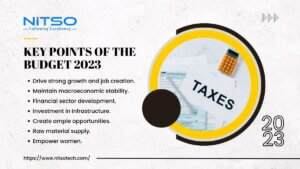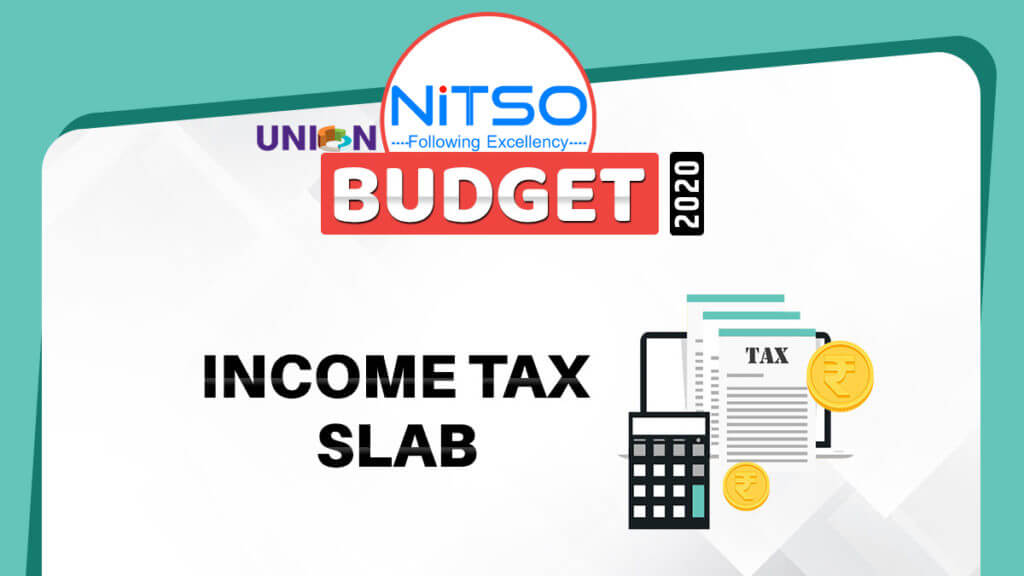The world of finance is constantly in flux, with prices rising and falling in response to various economic factors. As we approach the end of the current financial year, we must consider what changes we can expect in the coming year. In this article, we will look closely at a list of what will get costlier and cheaper in the Financial Year 2024. By understanding these price changes, we can make informed decisions about our finances and budget accordingly. So, buckle up and get ready to see what the future holds for your wallet in the next financial year.
The Union Budget 2023-24 aims to spur exports, increase domestic manufacturing, and increase value addition. To achieve these goals, changes have been proposed to the Customs Duty regime, which will likely make mobile phones and TVs more affordable. Still, some types of automobiles, including electric vehicles, toys, and bicycles, will become more expensive.
The Finance Minister, Nirmala Sitharaman, stated that by reducing the number of Basic Customs Duty (BCD) rates on goods (excluding textiles and agriculture) from 21 to 13, there would be a more straightforward tax structure with fewer tax rates that will decrease the compliance burden and improve tax administration. As a result, minor adjustments to BCD, cesses, and surcharges will be made on items including toys, bicycles, automobiles, and naphtha, according to the minister.
The prices of mobile phones are expected to decrease due to the elimination of the 2.5% BCD on the camera lens and its inputs/parts, which are used to manufacture the camera module of mobile phones. The concessional duty on lithium-ion cells for batteries will be extended for another year. The Finance Minister stated that these proposals aim to increase domestic value addition in the production of mobile phones.
Additionally, to boost value addition in the manufacture of televisions, the BCD on parts of open-cell TV panels will be reduced from 5% to 2.5%. The Finance Minister proposed this change to promote value addition in the TV industry.
In another proposal regarding indirect taxes, the Finance Minister stated that to correct the inverted duty structure and encourage the production of electric kitchen chimneys, the BCD on electric kitchen chimneys would be raised from 7.5% to 15%. Meanwhile, the tax on heat coils for the appliance would be decreased from 20% to 15%. This change is aimed at promoting the manufacturing of electric kitchen chimneys.
The BCD rate for bicycles has been raised from 30% to 35%, and for toys and toy parts (excluding parts of electronic toys), it has been increased from 60% to 70%. Additionally, the BCD on naphtha has been raised from 1% to 2.5%. The duty on Styrene and Vinyl Chloride has been raised from 2% to 2.5%.
To support green mobility, the import of capital goods and machinery needed to manufacture lithium-ion cells for batteries used in electric vehicles will continue to be exempt from duty. The budget also proposed an exemption from the tax on vehicles, specified automobile parts, sub-systems, and tires imported by notified testing agencies for testing and certification.
Denatured ethyl alcohol, used in the chemical industry, will be exempt from BCD.
The abovementioned changes summarize a list of items that will become more expensive or affordable.
Cost-Saving Items: A Look at What’s Getting More Affordable
To boost domestic manufacturing, encourage exports, and increase value addition, the Union Budget 2023-24 has proposed several changes to the Customs Duty regime. These changes are expected to make some items more affordable for consumers. The following list of items will likely become cheaper in the upcoming financial year.
- Machinery for manufacturing lithium-ion cells for use in electric vehicles.
- Raw materials for manufacturing CRGO Steel, ferrous scrap, and nickel cathode.
- Mobile phones and TV sets manufactured in India.
- Denatured ethyl alcohol.
- Acid grade fluorspar.
- Shrimp feed.
- Fish lipid oil used in the manufacturing of aquatic feed.
- Lab-grown diamonds.
Costly Items: A Closer Look
Now we will take a closer look at what’s becoming more costly. Get ready to find out what will be more expensive in the financial year 2024.
- Fully imported cars, including electric vehicles (EVs).
- Items made of gold and platinum.
- Imported bicycles and toys.
- Kitchen chimneys.
- Silver doors, bars, and items.
- Imitation jewelry.
- Copper scrap.
- Cigarettes.
- Compounded rubber.
Conclusion:
In conclusion, the Union Budget 2023-24 has changed the Customs Duty regime, resulting in some items becoming more expensive while others becoming more affordable. From fully imported cars and kitchen chimneys to toys and items made of gold, platinum, and silver, the impact of these changes will be felt across various industries and consumers. The government’s aim of promoting exports, boosting domestic manufacturing, and enhancing value addition has driven these changes in the duty structure. It will be interesting to see how these changes play out in the coming financial year and how they contribute to the economy’s growth.
FAQs
What is the purpose of the changes to the Customs Duty regime in the Union Budget 2023-24?
The changes aim to promote exports, boost domestic manufacturing, and enhance value addition.
What items are becoming more expensive?
Fully imported cars, including electric vehicles, kitchen chimneys, imported bicycles and toys, and items made of gold, platinum, and silver, will become more expensive.
Why is the government making these changes to the duty structure?
The government is making these changes to simplify the tax structure, reduce the compliance burden, and improve tax administration.
What items are becoming more affordable?
Mobile phones and televisions are among the items that will become more affordable due to the changes in the Customs Duty regime.
How will these changes impact consumers and the economy?
The impact of these changes will be felt across various industries and by consumers. While some items will become more expensive, others will become more affordable, which could positively affect the economy.
Related Articles:








0 Comments